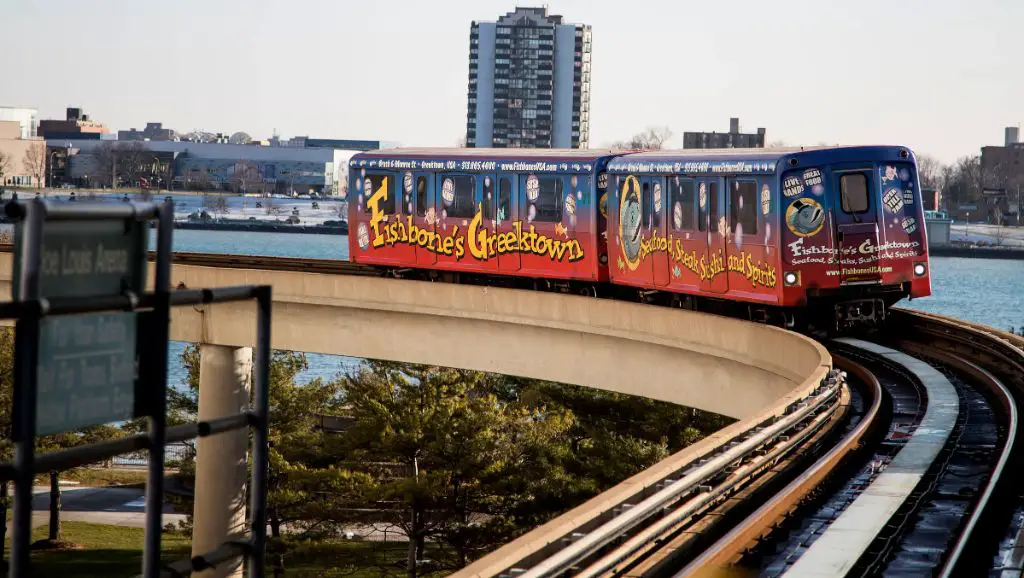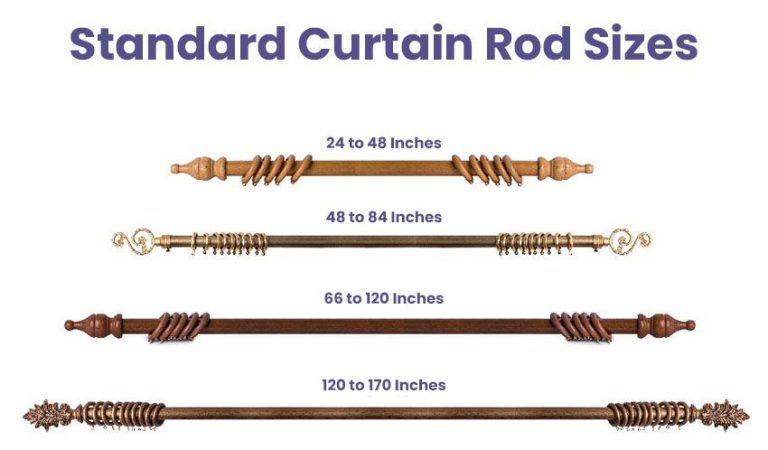How Much Does It Cost To Ride A Detroit People Mover?
The Detroit People Mover is an automated elevated train system that operates in downtown Detroit, Michigan. It runs on a 2.94 mile long track and has 13 stations connecting major landmarks and points of interest in the downtown area. The system first opened to the public on July 31, 1987 after years of planning and construction. Some key facts about the Detroit People Mover:
- It is owned by the city of Detroit and operated by Transdev.
- The trains operate on a single-track loop and run clockwise.
- Each train car can hold up to 125 passengers and runs at a top speed of 56 mph.
- It provides over 2 million rides per year.
Fares
As of January 2, 2024, the Detroit People Mover is operating under a Zero-Fare Pilot Program, allowing all passengers to ride for free with no fares or passes required. This pilot program will continue throughout 2024.
Prior to this program, fares were required to ride the People Mover. Single ride fares were $0.75 and day passes were $2.50. There were also reduced fares for seniors, people with disabilities, and children ages 6-12. Group tickets and tokens were available for purchase as well.
More details on previous fares can be found on the Detroit People Mover’s website at https://www.thepeoplemover.com/about-dpm/fares-passes.
Purchase Options
Prior to January 2, 2024, the Detroit People Mover offered various options for riders to purchase tickets and passes:
Ticket vending machines were available at each station, allowing riders to purchase single ride tickets, daily passes, and monthly passes using cash or credit/debit cards. Tickets could also be purchased in advance online through the DPM website, then activated at station kiosks upon first use.
The DPM also offered a mobile ticketing app called QPix, which allowed riders to buy and activate tickets on their smartphones. This provided a convenient contactless payment option.
In addition, passes and tickets could be purchased in-person at the Customer Service booth located at the Times Square Station in downtown Detroit. This option allowed for personal customer service when buying DPM fares.
However, as of January 2, 2024, the Detroit People Mover transitioned to a fare-free system for all riders, eliminating the need to purchase passes and tickets. Riders are now able to board at any DPM station without paying a fare.
Reduced Fares
The Detroit People Mover offers discounted fares to seniors, students, and riders with disabilities. Prior to January 2024, seniors aged 65 and older could ride for $0.75 per trip, while students ages 6-18 with a valid student ID could ride for $0.50 per trip Riding Information: Fares | DPM. Riders with a valid disability ID card could also get the reduced $0.75 fare.
These reduced fare programs made the People Mover more affordable and accessible for groups like students and seniors on fixed incomes. However, as of January 2024 the People Mover has transitioned to a zero fare system, eliminating the need for reduced fares. Now all riders can enjoy free trips without the need to verify eligibility for discounts.
Free Rides
As of January 2, 2024, the Detroit People Mover is offering free rides to all passengers throughout the year as part of a zero-fare pilot program (Fares & Passes | DPM). This means riders will not need to pay or show any passes or tickets when boarding the People Mover. The fare-free policy applies to everyone riding the elevated light rail system in Downtown Detroit.

Previously, the People Mover charged $0.75 per ride or $0.50 with a validated pass. Now rides are completely free for all. This new policy aims to increase accessibility and ridership on the system (Detroit People Mover to offer free rides in 2024).
The People Mover has offered free rides during certain special events and promotions in the past. For example, rides were free on New Year’s Eve and other holidays. Now the system will provide free transportation every day throughout 2024 and potentially beyond depending on the success of the program.
Payment Methods
As of January 2, 2024, the Detroit People Mover no longer accepts payment of any kind to ride the system. This includes cash, credit/debit cards, and mobile payments. All passengers can now ride the People Mover for free with no need to pay fares or purchase passes (Riding Information: Fares | DPM).
Prior to the transition to a fare-free system, the People Mover did accept payment via cash, credit/debit cards, and mobile wallets. Cash payment was accepted in the form of $1 bills, quarters, dimes, and nickels. Cards were accepted including Visa, Mastercard, American Express, and Discover. Mobile payment options included Apple Pay, Google Pay, and Samsung Pay (Fares & Passes | DPM).
The switch to a fare-free system was implemented by the Detroit People Mover to increase accessibility and ridership. With no need for payment, the system is now more convenient and welcoming to all users. This change brings the People Mover in line with other major public transit systems that have gone fare-free such as Kansas City and Olympia, Washington.
Fare Enforcement
The Detroit People Mover operates on a proof of payment system, meaning riders are expected to carry proof they have paid the fare when onboard. Passengers may be asked to show proof of payment by fare inspectors at any time during the ride.
Fare evasion penalties start at $65 for a first offense, going up to $100 for a second offense and $500 for a third offense within one year. Riders who fail to provide proof of payment may be issued a municipal civil infraction by a fare inspector or the Detroit Transit Police.
The fare inspection team patrols the platforms and trains randomly. Fare evaders may be asked to leave the train at the next station or face civil penalties. Riders can contact the fare enforcement and security numbers at (313) 224-2160 or (313) 221-2116 for more information.
Revenue and Ridership
The Detroit People Mover generates between $800,000 to $1.2 million per year in fare revenues according to this article. In 2022, the system had a ridership of 364,300, or about 1,900 per weekday as mentioned on the Wikipedia page for the Detroit People Mover. This comes out to approximately $2-$3 in revenue per rider based on the fare prices.
Future Outlook
The Detroit People Mover has several plans for the future to improve the system and expand access. In terms of fares, there are no planned fare increases at this time. Fares have remained the same since the People Mover opened in 1987. However, city officials have discussed potentially reducing fares or offering free rides in the future to improve ridership and accessibility.
There are also proposals for major expansions of the People Mover system. Current expansion plans focus on connecting the People Mover to other transit services and expanding the loop both north and south. One proposal is the Detroit Sky Tram, which would expand the system along Woodward Avenue to connect Downtown to Midtown. Other plans map out expansions that would provide service to the North End, Eastern Market, and the Riverfront. These expansions aim to improve transportation access and development in Detroit.
Conclusion
The Detroit People Mover is an affordable and convenient way to get around Downtown Detroit. It costs just $0.75 per ride or $22.50 for a 30-day pass. Discounted fares are available for seniors, people with disabilities, and students. Kids under 46 inches ride for free when accompanied by an adult.
The People Mover accepts cash, tokens, and Detroit Transportation Corporation passes. Passes can be purchased at station vending machines. Fares must be paid and passes displayed when boarding, or riders risk a $100 fine.
Ridership and revenue have declined in recent years due to the coronavirus pandemic. However, the People Mover remains an integral part of Detroit’s public transit network. It provides an easy way to get around Downtown Detroit and connect to other forms of transportation. The affordable fares and convenient stations make the People Mover a great option for residents, workers, and visitors in Detroit.






